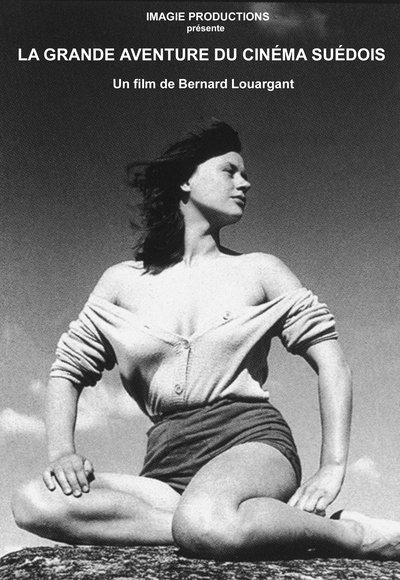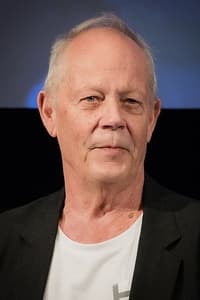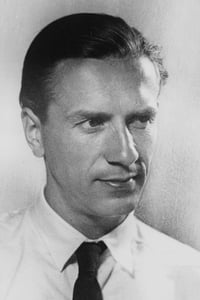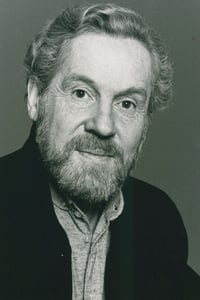Svensk Filmindustri: La grande aventure du cinéma Suédois
Genres
Documentary
OverView
Rarely in the history of the cinema, a company films productions will have marked the history and the culture of its country like "Svensk Filmindustri". Since its creation in 1919 by Charles Magnusson, Svensk Filmindustri have produced 1200 films including the major works of Mauritz Stiller, Victor Sjöström and Ingmar Bergman. The uncontested talent of the actresses Greta Garbo and Ingrid Bergman have given Swedish cinema a world recognition, a cinema that celebrates the power of the forces of nature, and where the inner life of its characters remains in our memories.
Others
Budget
$--
Revenue
$--
Status
Released
Original Language
French
Runtime
54 mins
Rating
7/10
Release Date
15 March 2004
Country
France




